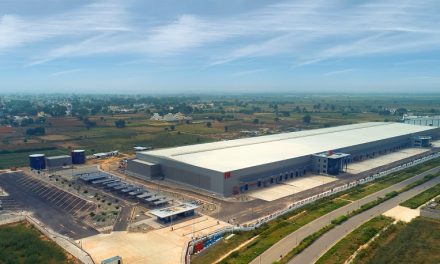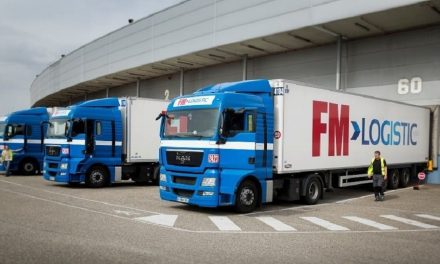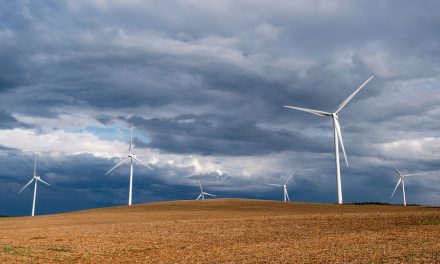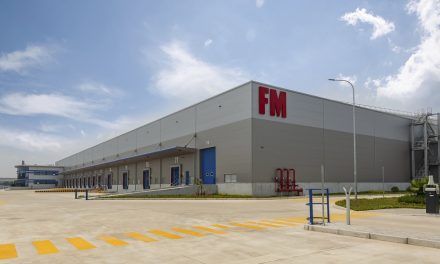
FM Logistic: Investing in more responsible logistics is in our DNA
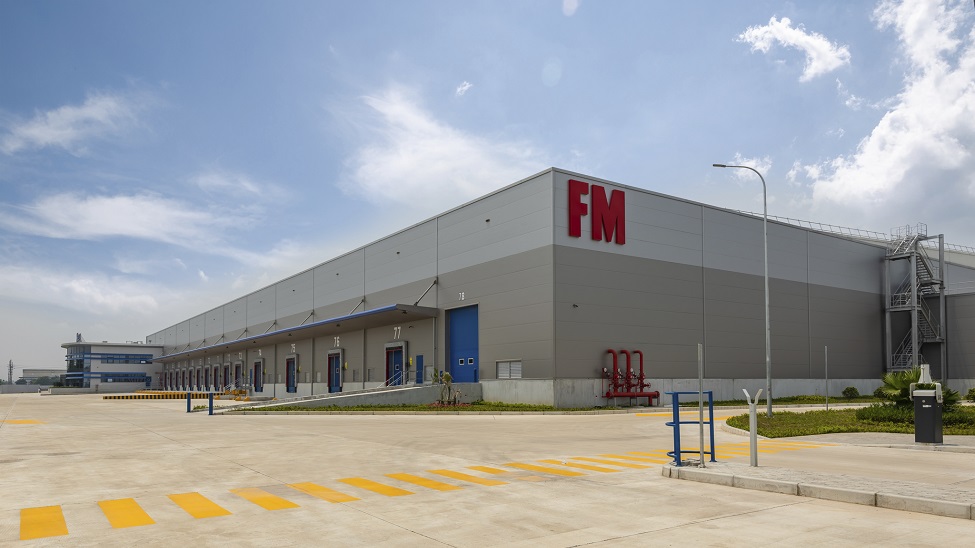
FM Logistic has defined a list of 75 priority energy optimisation actions to be implemented at all of the group’s sites in all the countries where it operates. These measures have a dual objective: to reduce energy consumption by 7% per year for the entire group by 2030 and by nearly 15% by 2023 specifically for France.
In November 2021, FM Logistic unveiled its sustainable development roadmap, aiming for warehouse carbon neutrality by 2030 (scope 1 and 2) and a reduction of transport emissions by 30%. To achieve this, the group is focusing on reducing energy consumption and sourcing or producing renewable energy. In a context of rising and volatile energy costs that is strongly impacting the sector, this approach to sustainable logistics is more relevant than ever.
“Investing in more responsible logistics is in FM Logistic’s DNA. Over the past 15 years, we have developed solid experience in mutualisation for our customers, but also in our infrastructures and buildings. A good example of that is pooling, a collaborative mutualisation solution through which several distributors share their logistics resources and reduce their carbon footprint. I am convinced that we have a role to play in providing our expertise to our customers to optimise their supply chains: we can make them more resilient, more sustainable and perfectly adapted to the needs of their consumers. The Powering 2030 strategic plan accelerates this dynamic. We want to be among those who make things happen by being the champions of a sustainable omnichannel supply chain” explains Jean-Christophe Machet, CEO of FM Logistic.
The eco-design of buildings is the first lever to achieve platforms carbon neutrality. Since 2012, all the sites built by the group, i.e. more than 900,000 square meters, have been LEED(™) or HQE(r) certified, aiming for the highest level of excellence. This allows for energy savings of at least 20%, and up to 50% compared to a conventional site.
In India for example, the warehouse located in Farrukhnagar will be the first facility in the country to combine FM Global and Leed(™) Silver certifications for its high level of building safety and environmental performance. In Vietnam, the distribution center near Hanoi is certified at the Gold level.
The second part is about optimising the energy performance of the sites.
Among the most energy-intensive items is lighting. In addition to optimising natural lighting and installing LEDs since 2018, the group has deployed presence and luminosity detectors to avoid lighting unused spaces and adapt the intensity according to need.
For the co-packing activity, FM Logistic takes “energy efficiency” as a key criterion when choosing new machines.
To better understand the other consumption items within the platforms (PCs, printers, coffee machines, etc.), the company has implemented measurement tools (wattmeters, mobile meters) that allow for fine, real consumption management.
In France, all FM Logistic sites are already certified to the international ISO 50 001 standard, a very demanding certification that requires identifying significant energy uses, measuring them and committing to reducing them.
Lastly, the group has for many years relied on the purchase and production of renewable energy. It produces energy via photovoltaic panels in six countries (France, Italy, Spain, Brazil, Poland and India), with nearly 3,000 MWH of green electricity produced or under construction on a dozen sites.
Since March 2022, FM Logistic has been operating a platform equipped with photovoltaic panels for Henkel Beauty Care in Brazil. At full capacity, the solar power plant’s production of energy avoids 43 tons of CO2 emissions per year.
In Spain, the Illescas site is now equipped with a unit for producing hydrogen from solar panels to power forklifts and delivery vehicles. This is the first installation of its kind for the logistics sector in the country.
With this strategy, the group wants to turn its platforms into renewable energy production units for the local communities and enable the decarbonisation of transport.
“FM Logistic is determined to continue developing long-term measures. Energy efficiency must become a collective project, implemented rapidly throughout our supply chains. To minimise our carbon footprint, we are focusing on reducing energy consumption and sourcing renewable energy. The next step is to use the platforms to produce green hydrogen with the ambition of contributing to the development of long-distance hydrogen transport. We are already experimenting it in France and Spain” explains Charlotte Migne,FM Logistic’s sustainable development director.
FM Logistic’s mission is to make responsible consumption accessible to all. It is through collaboration with its partners and customers that it can create and deploy omnichannel and sustainable logistics models. Since 2019, the logistics provider has made available to 100% of its customers a “sustainable development” dashboard to visualise the 17 challenges to be met by 2030. Based on this tool, action plans are jointly defined to make progress on each axis. Ultimately, the company wants all its offerings to contribute to its customers’ energy and social transition plans.








